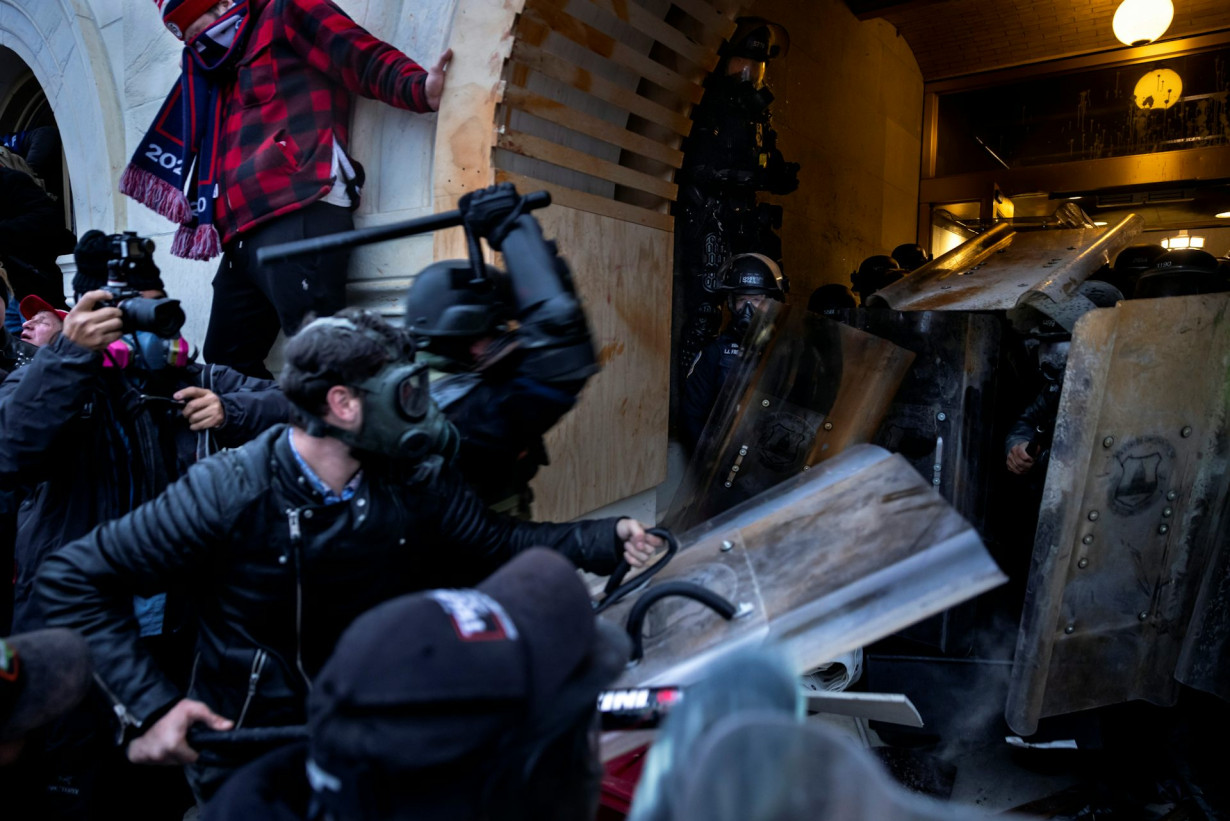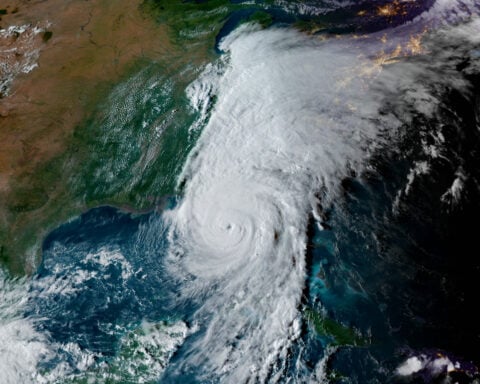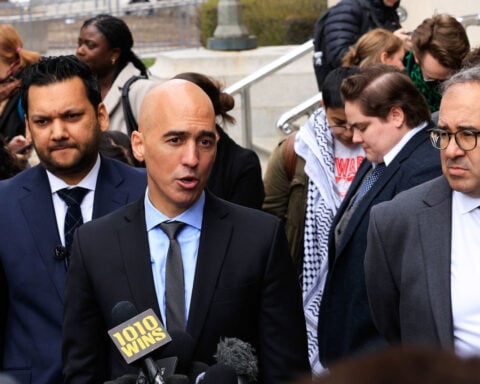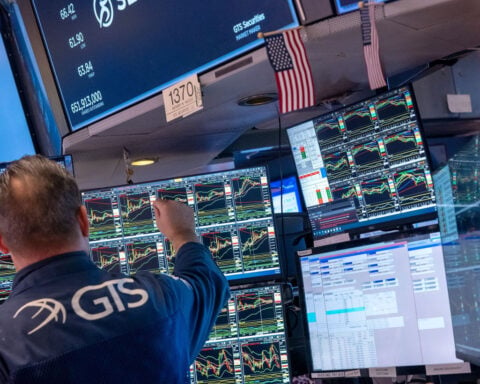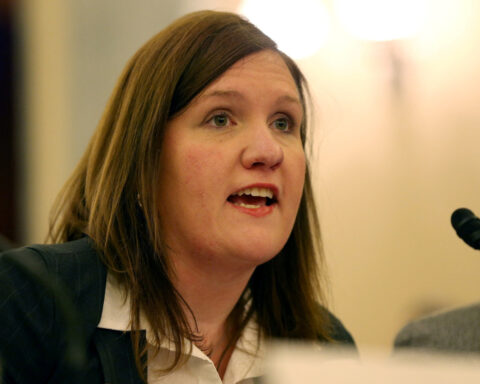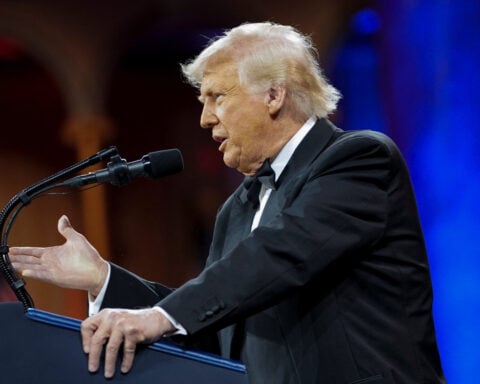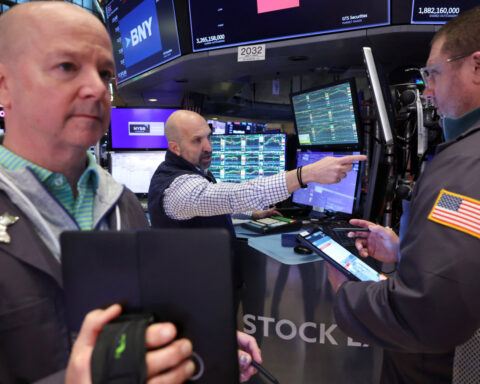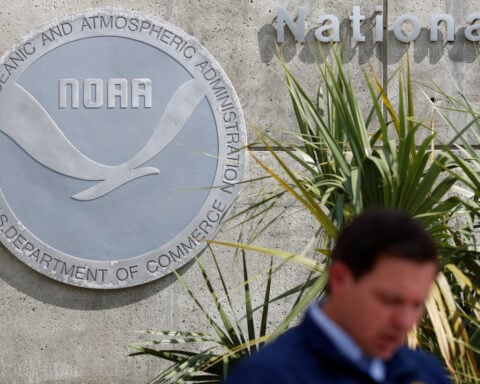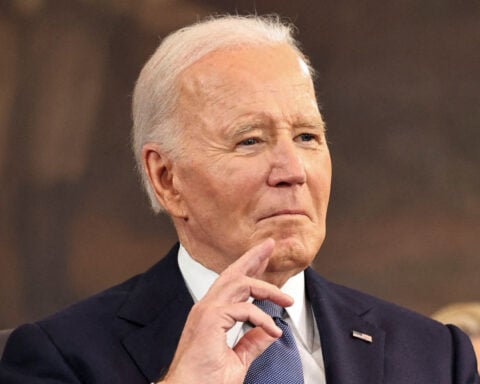Most Americans don’t need these data points: Three-quarters of Americans already believe political violence is a problem, according to the States United Democracy Center.
Constituents have a right, even an imperative, to make their opinions known to the individuals they elect. Accountability and representation are essential to democracy. But there is a line between expressing disagreement and using intimidation or violence to influence policy decisions. And the latter can have some distinctly undemocratic outcomes.
Six percent of the elected officials we interviewed said they had actually changed their vote on a specific issue due to the climate of fear. And 43% of our survey respondents said that threats and harassment have caused them to consider leaving their post.
“I don’t think it’s fair to have to fight so hard,” said one relatively new school board member. “I’m mad at myself for letting the bullies win.”
The climate of fear is also keeping people from serving. Nationwide, 69% of mayors surveyed by the Mayors Innovation Project said they knew someone who had decided not to run for office due to threats or fear of violence.
When fear – rather than the needs of community – becomes a driving force in politics, democracy loses. That’s rule by the powerful, not rule by the people.
Rachel Locke received funding from the Parker Foundation.
Source: The Conversation

 Trump has begun another trade war. Here's a timeline of how we got here
Trump has begun another trade war. Here's a timeline of how we got here
 Canada's leader laments lost friendship with US in town that sheltered stranded Americans after 9/11
Canada's leader laments lost friendship with US in town that sheltered stranded Americans after 9/11
 Chinese EV giant BYD's fourth-quarter profit leaps 73%
Chinese EV giant BYD's fourth-quarter profit leaps 73%
 You're an American in another land? Prepare to talk about the why and how of Trump 2.0
You're an American in another land? Prepare to talk about the why and how of Trump 2.0
 Chalk talk: Star power, top teams and No. 5 seeds headline the women's March Madness Sweet 16
Chalk talk: Star power, top teams and No. 5 seeds headline the women's March Madness Sweet 16
 Purdue returns to Sweet 16 with 76-62 win over McNeese in March Madness
Purdue returns to Sweet 16 with 76-62 win over McNeese in March Madness
